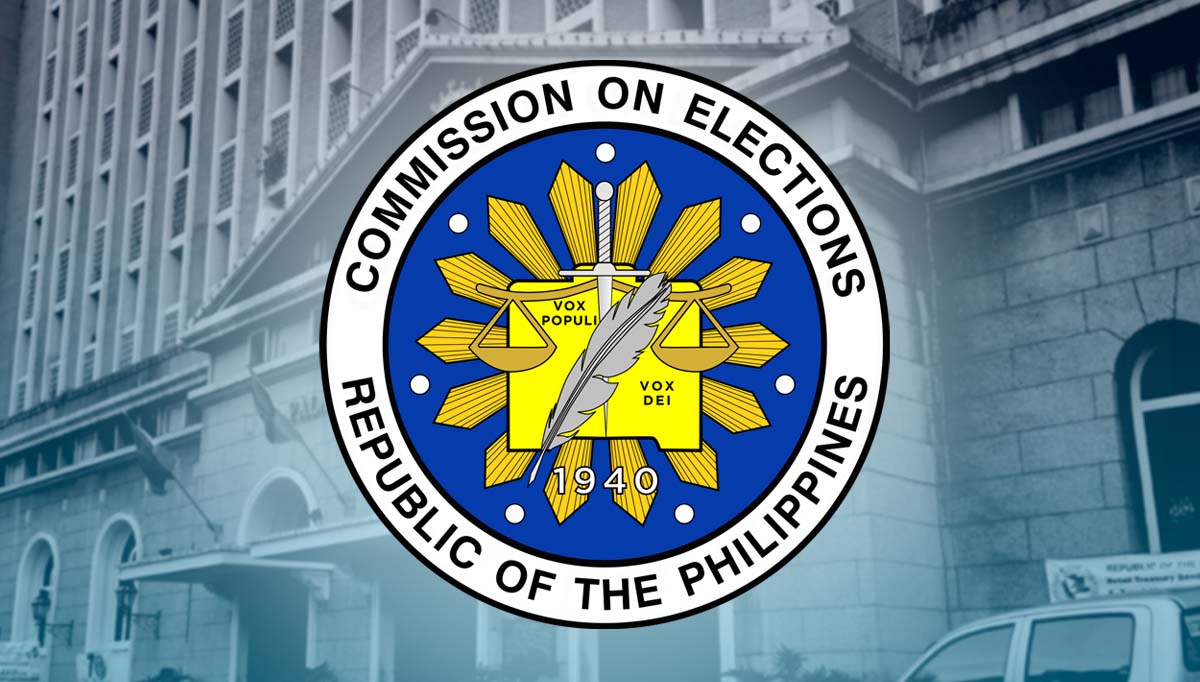Candidates’ online campaign platforms due by Dec. 13
MANILA, Philippines — The Commission on Elections (Comelec) on Saturday reminded candidates running in next year’s midterm polls that they have less than a week to register their online campaign platforms.
Comelec Chair George Garcia, in a Viber message to reporters, said 27 out of 66 senatorial aspirants and 117 out of 156 party list groups have registered their online campaign platforms using a portal set up by the poll body’s Education and Information Department (EID).
There are also 4,359 local aspirants who have registered their online campaign platforms.
READ: Over 3,900 online registrations for digital poll campaign received, so far
At total of 2,372 national and local aspirants have also so far transmitted hard copies of their registrations as required by Comelec.
First time to regulate
Speaking to the media while attending a voter’s education program in Davao City, also on Saturday, Garcia said the poll body is “serious” about registering and monitoring online campaigning, especially through social media.
“This is the first time we are going to regulate, at least social media [campaigning], even if it’s not that widespread, by political parties and candidates. At the same time, we will definitely fight fake news, misinformation, and disinformation,” Garcia said.
Under Comelec Resolution No. 11064 issued last September, all official social media accounts and pages as well as websites, podcasts, blogs, vlogs, and other online and internet-based campaign platforms of candidates and parties intending to participate in the 2015 elections must be duly registered with the EID by Dec. 13.
Failure to register online media platforms shall result in the filing of a complaint as well as the Comelec’s requesting technology companies and law enforcement bodies to remove, take down, or block such platforms.
The Comelec earlier created a task force to monitor online campaigning, including the use of artificial intelligence, deep fakes, and false amplifiers, in spreading disinformation or misinformation to endorse or campaign against a candidate or political party.



















